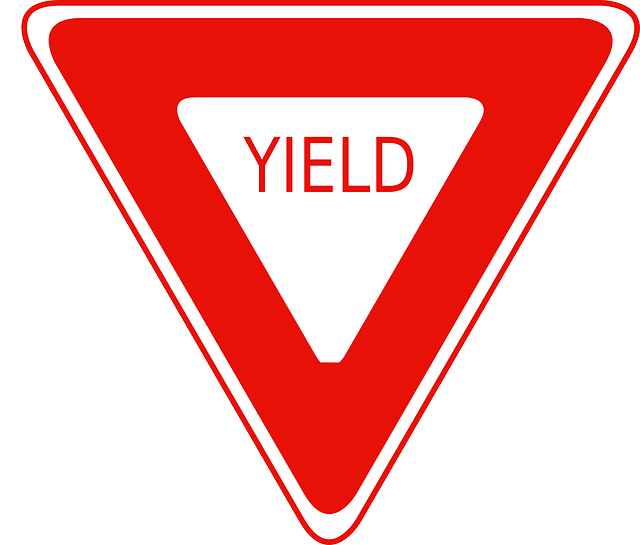Yield

When in the course of standardized testing it becomes necessary to distinguish the most efficient prep methods, a decent respect of students' time and success requires an examination of the problems at hand. We hold this truth to be self-evident, that all SAT and ACT concepts are not created equal.
If you took a spring SAT or ACT and are using your time over the summer to improve your skills, you may be looking back at your previous exams, especially if you took a QAS or TIR test. In our experience, there's a tendency for students to obsess over every single problem they've answered incorrectly. This is natural––leave no stone unturned, the thinking goes, and you'll be more likely to handle anything that comes your way next time. But this approach can actually misallocate valuable time and energy.
Those of us at Method Test Prep who know the exams inside out like to talk about something called yield. Put simply, this is a measure of how impactful mastering a certain question type will be to an exam score. We refer to particular questions and concepts as high yield if they represent a relatively large percentage of what the SAT or ACT tests. Conversely, we refer to questions under topics tested sporadically or infrequently as low yield. Paying attention to yield as it relates to your score is a crucial means of maximizing the value of your prep.
Take the SAT Math section: there are math concepts that are tested several times per exam, and others that are tested maybe once per exam, if not once every other exam. The former category includes questions that ask about interpreting slopes and y-intercepts of lines in the context of real-world functions, manipulating expressions, exponent rules, linear systems of equations, and factoring and manipulating quadratics, among others. The latter category includes things like trigonometry, equations of circles, and higher-level understanding of polynomials. The only way a given student should be focusing on infrequently tested concept categories is if he or she is already scoring above a 650. For scores that are lower, it's unlikely that studying relatively obscure question types will result in a significant (> 40-point) score increase. It's much better to dedicate study time to practicing with variants of the problems within the higher yield concept categories.
If you need help figuring out which categories to study to maximize the impact of prep on your eventual SAT or ACT score, contact us––we're here to help!


